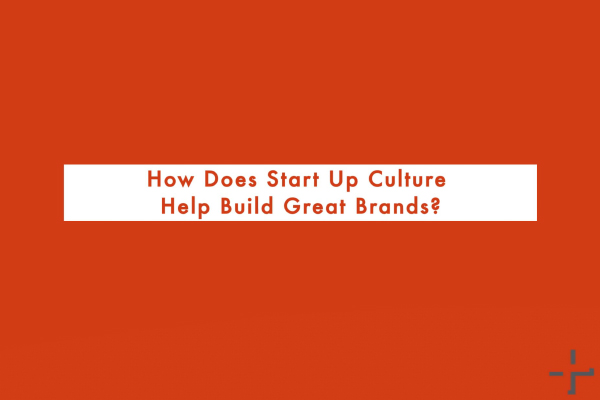Everyone’s heard the phrase “Culture Eats Strategy for Breakfast”, said by Peter Drucker. Since these words were first uttered, company culture has changed significantly.
While it was Ford’s President Mark Fields who was championing this mantra 10 years ago, today it is far smaller companies that are case studies in the power of a strong culture, while those listed on stock exchanges look on with a mix of awe, fear… and to be honest confusion.
It’s understandable. Company cultures are idiosyncratic, and involve specific language, nicknames, and activities. “We call each other Squirrels” Tom Benn, Deputy Squirrel from peanut butter brand Pip&Nut tells us. But beyond this, these small cultural titbits help everyone feel part of something special; which is often a clear competitive advantage for start-ups.
This is brand building outside of the guidelines; not only does it allow these new brands to adapt as new challenges emerge, they are created democratically. In such small companies, anyone can have their own form of impact.
“We have so many lunchtime clubs; book club, food club… and people just create them organically” says Tom.
“I think if you work for a big brand, you would be unlikely to want to work for a start-up and vice versa” Says Jessica Barlow, Head of Communications at Karma. But that doesn’t mean you can’t build a similar culture within a big brand. “There are a couple of good examples of big brands building cultures to act like a start-up… it’s about making sure everyone is invested in the work they do and understand that they are building towards something real and tangible”. It seems that if it’s done right, culture can be just as powerful for brand building if you work in head office as it is in a WeWork.
The real beauty of using culture to build a brand is that it requires a far less tangible investment than a rebrand but can be just as effective if executed well. As says, “You don’t always need to invest in a new proposition; sometimes it is just about building what you already have into your culture, rather than trying to reinvent what you are about… it can bring a really useful new lease of life to a strategy”
Big brands shouldn’t be fearful of learning from start-up cultures. Beyond the on-site laundries and standing desks, the ways start-ups interact on a daily basis can provide a genuine momentum we occasionally hear is missing from bigger companies.


